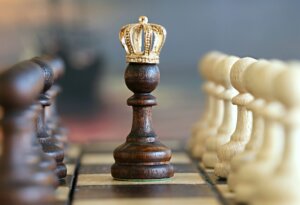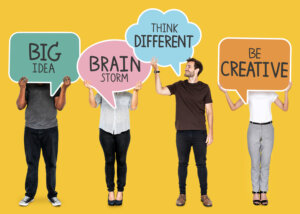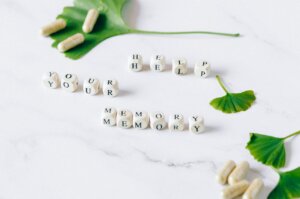Copyright Carter McNamara, Authenticity Consulting, LLC
Sections of This Topic Include
Also, consider
- Adult Learning
- Concentrating
- Continuous Learning
- Creative Thinking
- Critical Thinking
- Learning in Courses
- Defining Learning
- Group Learning
- Key Terms in Learning
- Improving Your Learning
- Improving Your Thinking
- Learning Styles
- Memorizing
- Mindfulness
- Mindsets
- Online Learning
- Reading Skills
- Reframing
- Self-Reflection
- Self-Assessments
- Systems Thinking
- Taking Tests
- Types of Learning
- Using Study Guides
- Writing Skills
Learn More in the Library’s Blogs Related to Personal Development
In addition to the articles on this current page, also see the following blogs that have posts related to Personal Development. Scan down the blog’s page to see various posts. Also, see the section “Recent Blog Posts” in the sidebar of the blog or click on “Next” near the bottom of a post in the blog. The blog also links to numerous free related resources.
How to Improve Study Skills
In the context of a learning environment, studying is getting new useful information in order to solve a problem, achieve a goal, or pass a test. New and useful information is considered to be new knowledge. If you apply that knowledge, then you can develop new skills.
The way that you study depends on your style of learning. For example, you might prefer to read books, listen to lectures, write about a subject, or do some kind of hands-on experience. People might use a combination of these types. (See Learning Styles)
- Study Skills (Wikipedia)
- Studying 101: Study Smarter, Not Harder
- How to Study So You Can Remember Everything
- How to Study
- How to Study
- Improve Your Studying Skills
- Academic Subjects: Study Skills
How to Use Study Guides
A study guide is a tool to help you learn. It helps you to understand new information by better organizing, interpreting, and summarizing it. Tools can be in the form of, for example, reference sheets, maps, charts, flashcards, and sample tests.
Guidelines for Using Study Guides
- Study Guide (Wikipedia)
- Study Guide to the Rescue: How to Create Your Own
- Creating Study Guides
- How to Create a Study Guide: An Easy & Effective Studying Method
- The Secret to Using a Study Guide to Ace Your Next Exam
- How to Create Study Guides
Sources and Examples of Study Guides
- Flashcards to learn reading
- Flashcards to learn terms
- How can I improve my study skills with Mind Mapping?
- Cliff Notes
- Final Exam Study Guide Example
For the Category of Personal Development:
To round out your knowledge of this Library topic, you may want to review some related topics, available from the link below. Each of the related topics includes free, online resources.
Also, scan the Recommended Books listed below. They have been selected for their relevance and highly practical nature.
 Sections of this topic
Sections of this topic
















